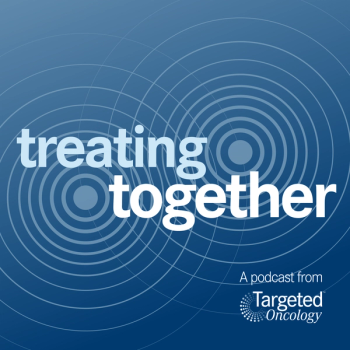
The Importance of Trastuzumab Deruxtecan in HER2+ Breast Cancer Treatment
In season 4, episode 2 of Targeted Talks, Sara A. Hurvitz, MD, discusses key advances in the HER2-positive breast cancer space and interesting ongoing research, namely trastuzumab deruxtecan.
In season 4, episode 2 of Targeted Talks, Sara A. Hurvitz, MD, medical oncologist, clinical research leader, and senior vice president of the clinical research division at Fred Hutchinson Cancer Center in Seattle, WA, and head of the division of hematology and oncology at the University of Washington Department of Medicine, discusses key advances in the HER2-positive breast cancer space and interesting ongoing research.
Fam trastuzumab deruxtecan-nxki (Enhertu; T-DXd) is one of the most important targeted therapies in the space. According to Hurvitz, the drug made its introduction in 2019 as part of a
Then, in the DESTINY-Breast03 (NCT03529110), a confirmatory trial, investigators explored
In 2022,
In terms of ongoing research, studies of bispecific antibodies, antibody drug conjugates, and bispecific T-cell engager therapies are interesting. The unanswered questions in the field, according to Hurvitz, include how to properly treat patients with brain metastases and leptomeningeal disease as well as how to sequence available therapies.







































